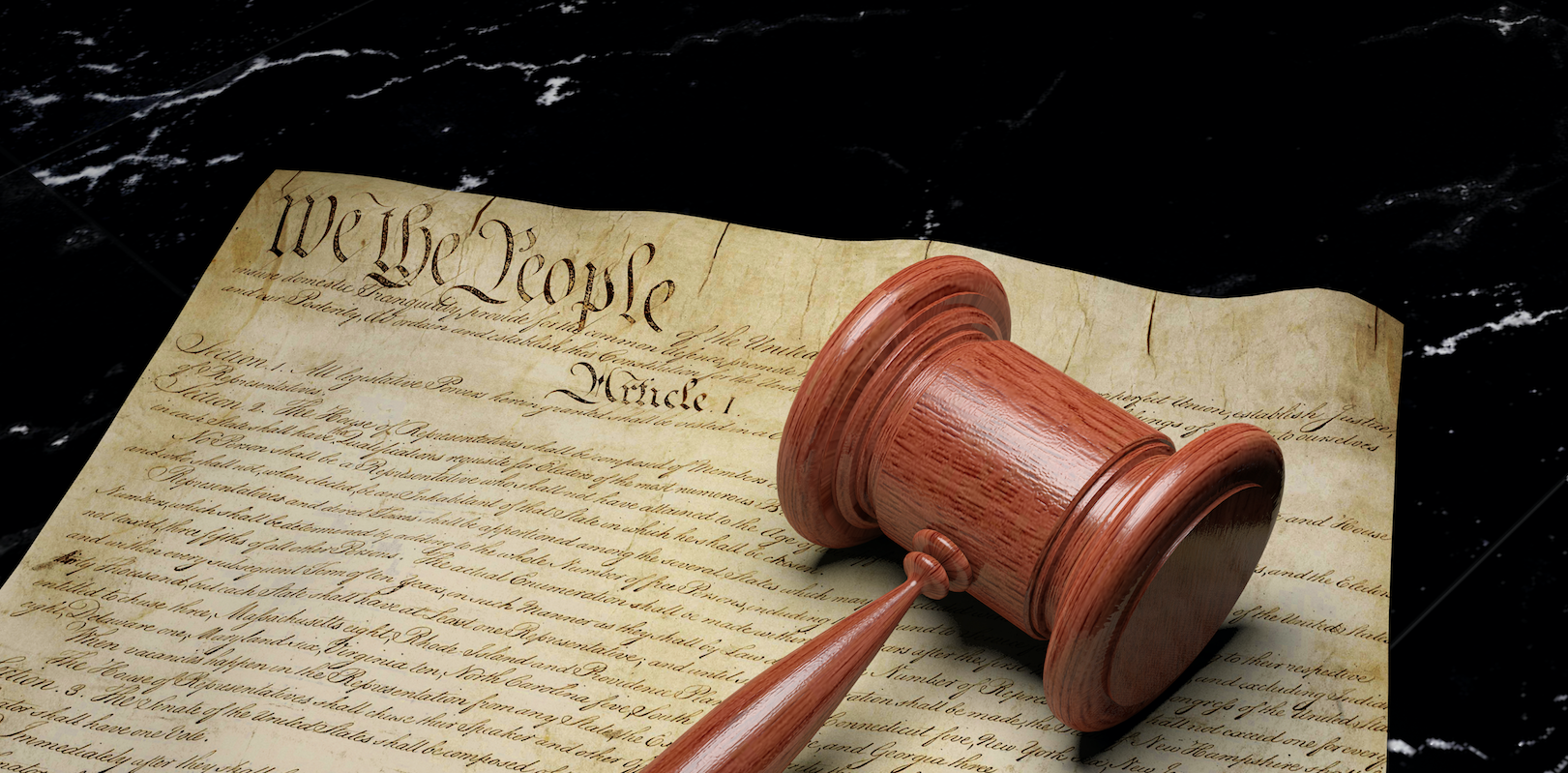Statement by the Freedom From Religion Foundation

The increasing clamor for a constitutional convention potentially imperils the rights of us all — and the Freedom From Religion Foundation is urging pushback.
Cheers to the Wisconsin Senate's Republican Majority Leader Scott Fitzgerald for putting the brakes for now on a reckless proposal to add Wisconsin to the growing list of states calling for such a convention.
A committee of the Wisconsin Senate voted 3-2 on March 30 along party lines to approve a bill that would make Wisconsin the 30th of 34 states needed to call a convention to modify the U.S. Constitution. Ostensibly, 29 states have passed such legislation under the auspices of requiring the federal government to adopt a balanced budget.
After the vote, Fitzgerald said that senators are not yet "up to speed on implications." Fitzgerald says he himself has questions about the scope of what a constitutional convention would look like.
As well he might. A constitutional convention (known by the moniker "con-con," or in legalese, an "Article V convention") could easily morph into a runaway convention imperiling the foundational document of the United States — today at 230 years the longest-lived constitution in the world. As Georgetown University law professor David Super has noted, "A constitutional convention is the last thing America needs."
The usual method to amend the Constitution — the only way our Constitution has ever been amended — calls for two-thirds of each house of Congress to pass the proposed amendment. Then three-quarters of the states must ratify the amendment before it can become enshrined in our Constitution.
A second, untested way allows two-thirds of the state legislatures to call for a con-con to debate and adopt amendments. Amendments passed at the con-con would then need ratification by three-quarters of the states. We haven't had such a convention since the four-month convention by the nation's founders that adopted our original constitution in 1787.
Because it's unprecedented, there's no consensus about how the process is governed or limited. For instance, the Wisconsin Senate is set to vote on proposing a con-con to amend the Constitution to require a balanced budget — a pet project of the Koch brothers. But most legal observers believe "the gathering could undertake a wholesale rewrite of the Constitution endangering fundamental rights like freedom of speech and of religion and the right to trial by jury," notes Common Cause President Karen Hobert Flynn.
Once a convention is convened, it could pass a balanced budget amendment, and then move on to write a prohibition on abortion into the Constitution or rewrite the free exercise clause to exclude Muslims or others deemed "undesirable." A con-con would be the expedient way to impose a redefinition of the concept of "religious freedom" into our Constitution, so as to empower believers to deny other people civil rights based on religious claims. If we open the Constitution to amendments, what's to stop the Religious Right from removing the hallowed separation of state and church, so notably unpopular with theocrats since the founding? Not a thing.
The political math is more than unnerving. Thirty-three state legislatures are Republican controlled, which puts them "just one state shy of the 34 needed to propose an Article V convention and permanently take back our government," as Daniel Horowitz boasted a week after the election in the Conservative Review.
Twenty-five states not only have Republican control of both branches, but also are headed by a Republican governor. In all, there are 34 Republican governorships. Wisconsin Democracy Campaign Executive Director Matthew Rothschild notes that one of the resolutions floating in Wisconsin would call for seven state delegates, with Republican leaders picking all seven.
In recent years, neither party has been stellar on state/church separation. But the party actively trying to undermine it currently controls a majority of state legislatures and gubernatorial offices. It is not an overreaction to take alarm — and action to protect our Constitution.
As Benjamin Franklin was leaving Independence Hall on the final day of deliberation over our secular and godless Constitution, he was queried as to whether the Constitutional Convention had adopted a monarchy or a republic. Franklin famously replied, "A Republic, if you can keep it."
To keep our Republic, We the People must quash the call for a con-con.
Image by artboySHF via Shutterstock